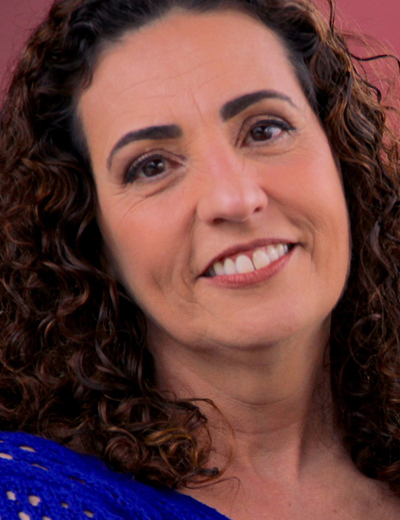I constantly hear lines of frustration and discouragement like these:
So, what would you do if you were in a situation like this - or any other situation in which lack of trust creates politicking and bureaucracy or simply slows things down.

I say that you can do something about it, because trust issues affect everyone. What you can do is: learn to establish, expand, extend and regain confidence, to help positively and significantly modify the trajectory of each present and future moment in your life. For the simple fact that you cannot succeed without confidence.
The word trust encompasses just about anything you could possibly want to help you thrive.
Show me any relationship that works without trust, all alone !!! A wedding; or a friendship. Anyone!!!
And in the long run, the same thing applies to your career and the business world. The difference between a high and a low trust relationship is striking!
Let's see this using Communication as an example: in a relationship with a high level of trust, you can say the wrong thing and yet people will understand your intentions and the meaning of what you meant, because they will talk to you, frank and open dialogue.
In a relationship with a low level of trust, you can be very careful with your words, very precise, and yet people will draw wrong conclusions about what you said and your intention when you spoke, because they are immersed in distrust.
Can you imagine the difference it would make if you could increase the degree of trust in important relationships in your personal and professional lives?
Technique and technology are important, but gaining trust is the key issue for exercising Leadership.
So, after all, what is trust?
Instead of giving a complex definition, I will use the words of Jack Welch, former CEO of General Electric. He said, "You know what trust is, when you feel it."
Simply put, trust means making sure the person doesn't hide anything and is sincere.
The opposite of trust - mistrust - is suspicion about your sincerity.
When you trust people, you trust their integrity and their skills.
When you are suspicious of people, you are suspicious of their intentions and attitudes and of their integrity, their agenda, their skills or their background.
It's that simple!
Trust does not arise simply because the person rationally tells a fact. For example, trust does not come simply because a salesperson tells a rational case for why the customer should buy a product or service.
Trust does not come from any “recipe” or a list of procedures. Fulfilling your obligations does not create trust. Trust is a feeling. It is not a rational experience.
Trust begins to emerge when we have the feeling that the other person or organization is guided by something other than self-interest or profit itself.
With trust comes the sense of value - real value, not just value compared to money. The value, by definition, is the transfer of trust.
You cannot convince anyone that you are valuable; just as you can't convince anyone to trust you.
You have to earn trust by communicating and demonstrating that you share the same values and beliefs.
There are many talented executives with the ability to manage operations, but great leadership is not based solely on great operational capacity.
Leading is not exactly the same as being the leader.
Being the leader means that you are the one who occupies the highest position, which in order to be conquered requires competence, good luck or a good influence in the organization's politics.
Leading, however, means that others follow you voluntarily - not because they need to, nor because they are paid for it, but because they want to do it.
Those who lead are able to do this, because those who follow him trust that the decisions made are aimed at the best interest of the group. In return, those who trust work hard, because they feel they are working for something greater than themselves.
In this way, the organization and the people establish and move at the speed of trust.
In a company with high confidence, it improves communication, collaboration, execution, innovation, strategy, commitment, partnerships and relationships with all stakeholders.
In personal life, high confidence significantly improves mood, energy, passion, creativity and joy in relationships with family, friends and the community.
The gains don't just come from increased speed and economic improvement. They also translate into greater pleasure and better quality of life.
Warning: The opinion presented in this article is the responsibility of its author and not of ABES - Brazilian Association of Software Companies













